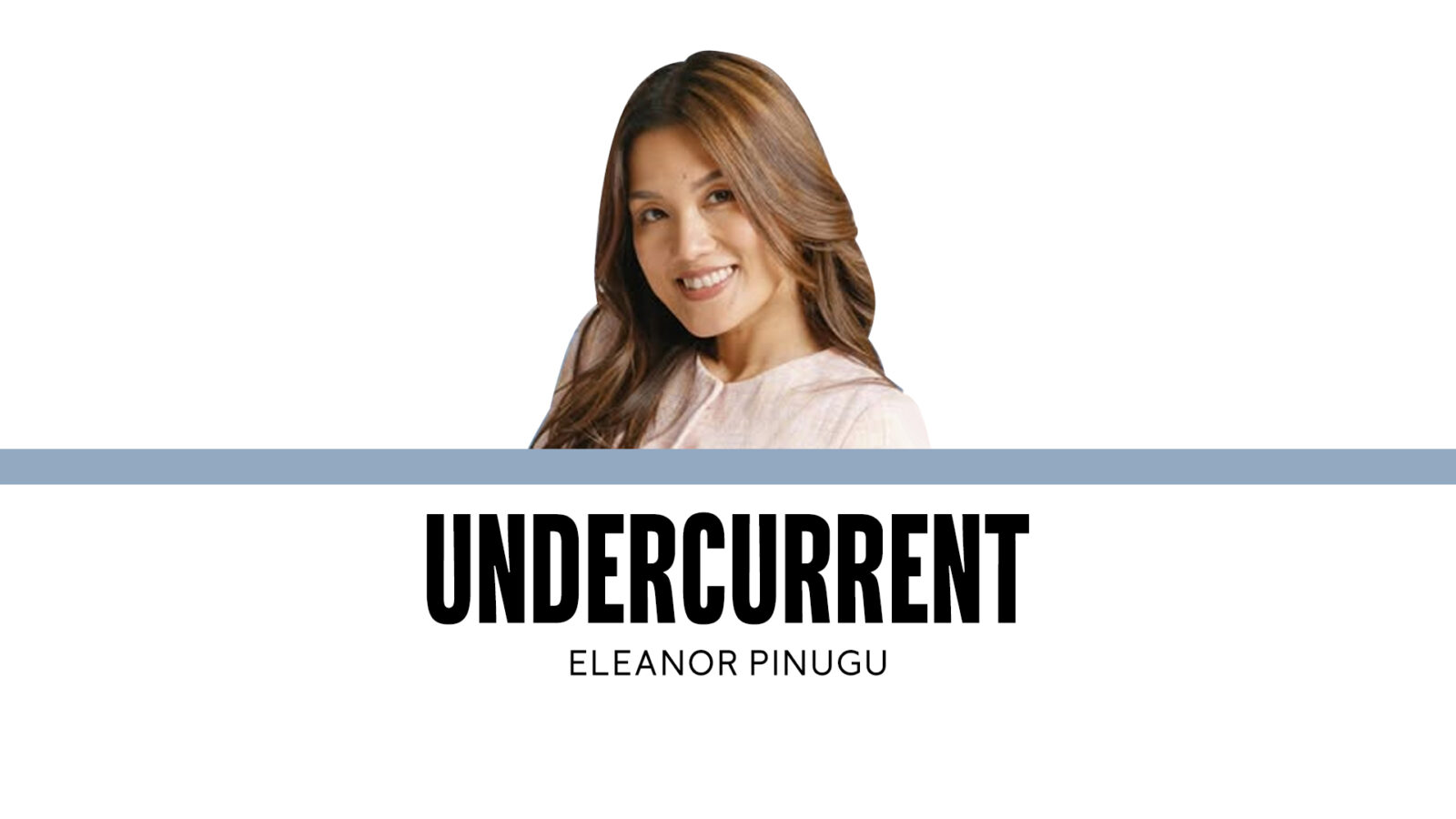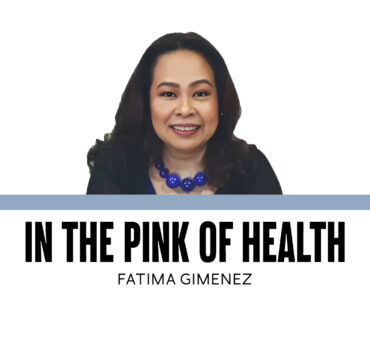Take the ‘other’ to lunch

Ever since I became an opinion columnist two-and-a-half years ago, I have had front-row seats to how diluted and disjointed online conversations have become. I always strive to write with nuance, but some users respond only to the short excerpts, often without reading the full article. When opinions are formed based on a few lines taken out of context, the richer discourse that could have taken place is compromised. What often follows are brief and emotional exchanges that rarely go beyond the surface. Instead of striving to understand and dissect full ideas, people settle for sound bites and simplified versions of one another’s positions. In an effort to weigh in quickly on an issue, the opportunity to learn and deepen the dialogue is lost amid our tendency to react, rather than respond thoughtfully.
A friend, who also writes a weekly column, once advised me to stop reading the comments. As both an educator and a social scientist, however, I cannot look away. The educator in me cannot help but want to guide the audience toward the more complete picture that they are missing out on, while the social scientist in me feels compelled to analyze how and why our online conversations have become quite fragmented.
Much has been said about how social media has led to the demise of proper discourse. In an attention economy, online platforms are incentivized by the way people’s negative emotions translate into higher engagement. It has even given rise to a phenomenon called “rage-baiting,” wherein some people deliberately create content that provokes indignation.
Unfortunately, when anger becomes our default mode of interaction, we stop seeing one another as conversation partners and start treating each other as opponents who need to be proven wrong. It becomes less about the issue at hand and more about winning the argument and the validation of strangers who share our outrage.
“Othering” refers to the way an individual or group of individuals is excluded and marginalized by the dominant group or culture because they are deemed to be fundamentally different or inferior. The most common form of othering in an everyday context is looking at someone and thinking “they are not like us,” therefore, it is “us versus them.” When carried out on a larger scale, it leads to systemic racism, classism, and xenophobia.
The problem with social media is that not only has it normalized othering, but it has also amplified it. Algorithms feed into people’s confirmation bias, reinforcing the tendency to seek out content and groups that adhere to one’s beliefs. Without access to critical counterarguments to keep them in check, these echo chambers end up fueling and hardening one’s limited and prejudiced views.
In a TED talk, author Elizabeth Lesser proposes the need for more people to “take the other to lunch.” Her idea is simple: once in a while, you need to sit down with someone from a completely different background (preferably someone, in Lesser’s words, “whose lifestyle may frighten you or whose point of view makes smoke come out of your ears”), and share a meal with them.
The goal is not to convert the other person to what you believe in, but to begin a meaningful dialogue and to truly see them, beyond the pinhole view that you may have boxed them into. Unlike the comments section of an impassioned post, sitting and eating together creates the micro-conditions of empathy. Eye contact, simple acts of courtesy like passing the salt, asking about one’s background—all these small gestures help chip away at the caricatures we’ve built of one another online.
To help navigate the difficult conversation that might happen during the meal, Lesser gave some ground rules: Don’t persuade, defend, or interrupt; don’t leap to conclusions, use blanket statements or rely on unfounded information; be curious, conversational, and real; and listen, listen, listen.
I tried this recently with a friend with whom I had a series of slightly heated, though still diplomatic, exchanges online. Although we were aligned in terms of religious beliefs, our sentiments about a recent issue were vastly different. We only had coffee, not lunch, because of our schedules, but what I appreciated was how it turned into a heartwarming catch-up rather than the debate I was anticipating. He admitted to being pleasantly surprised as well. When we started explaining our differing points of view, there was also a palpable earnestness from both sides to listen— something we can’t see/feel when talking online. We didn’t leave the cafe in agreement, but it felt nice to be reminded that disagreeing with someone does not mean disrespecting or dehumanizing them.
The attention economy may thrive on anger, but civic life thrives on empathy, listening, and the willingness to learn from what we hear. It is so easy to believe that the world is irreparably polarized. But perhaps, if we take more time to break bread with the “other,” then the table can be the setting where genuine understanding begins, one real conversation at a time.

















Receipts of deception